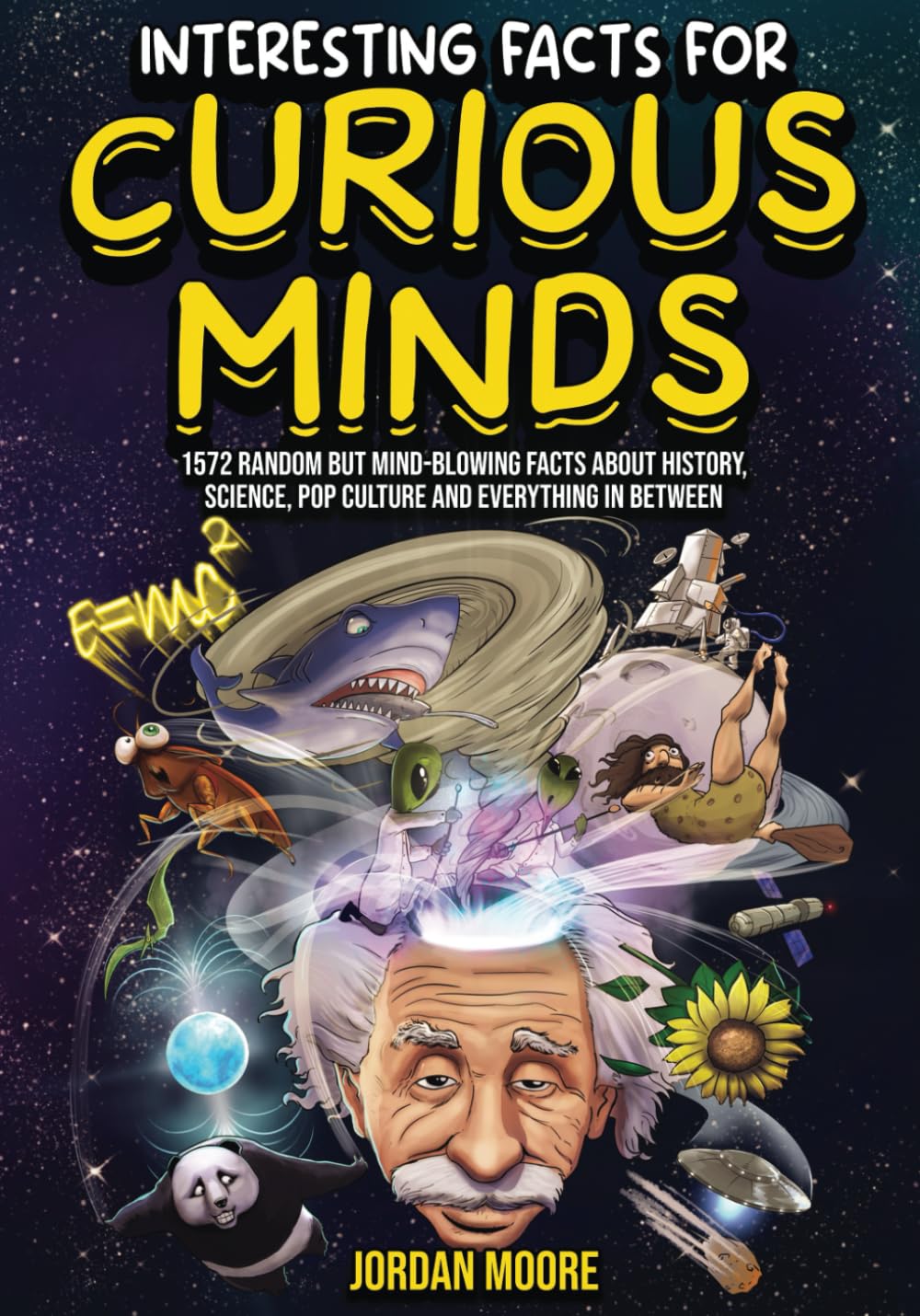
Interesting Facts For Curious Minds: 1572 Random But Mind-Blowing Facts About History, Science, Pop Culture And Everything In Between
Pretenders And Contenders
byPretenders and contenders have long been a part of human history, particularly when it comes to claims of thrones or positions of power. During Russia’s “Time of Troubles,” which lasted from 1598 to 1613, at least three men known as “False Dmitry” claimed the Russian throne, with the first briefly succeeding in taking it. Such events were not isolated, as throughout history, many individuals have asserted their right to rulership, even without the formal backing or entitlement to do so. From ancient times to modern days, these self-proclaimed rulers, whether driven by ambition or desperation, have sparked conflict and intrigue, often leading to power struggles within kingdoms or empires. These claims persist not just in history, but also continue to shape modern discussions surrounding royal legitimacy and political authority.
One contemporary example of this phenomenon is Louis Alphonse de Bourbon, who lives a life of luxury as a member of the Spanish nobility but also claims to be the rightful King of France, Louis XX. His claim to the throne, despite France’s transition to a republic centuries ago, is part of a wider pattern where individuals, often with noble blood, continue to assert their right to long-dissolved monarchies. Similarly, in Brazil, Pedro Carlos maintains his claim to the now-abolished Brazilian throne, highlighting the enduring appeal of royalty and the desire to preserve a symbolic connection to the country’s past monarchy. These modern pretenders, much like their historical counterparts, perpetuate debates about the legitimacy of inherited power, even when the institutions they aim to lead no longer exist in the same form. Their persistence in asserting these claims speaks to the enduring power of tradition and the ongoing allure of royal titles, despite changing political landscapes.
Historically, pretenders have not only emerged in established monarchies but also in times of political instability, as seen during the crisis of the Roman Empire in the 3rd century. The “Historia Augusta” documents several instances where individuals sought to claim power during this period of turmoil. This instability led to numerous pretenders, each hoping to seize the throne in a time of weak imperial authority. This crisis period saw the rise of individuals who, despite having no legitimate claim to the empire, attempted to fill the vacuum left by a faltering government. The desire for power in such times often led to short-lived reigns, reflecting the fragile nature of political legitimacy during periods of instability. Similarly, the story of Mary Willcocks, an Englishwoman who fooled the residents of Almondsbury into believing she was the Princess of Caraboo, exemplifies how imposters, with no royal heritage, could create entire stories around false identities.
The role of religion in the rise of pretenders can be seen in the phenomenon of “antipopes” during the Middle Ages. These individuals claimed the papacy, despite not being elected by the College of Cardinals, resulting in disputes over religious leadership. The struggle for religious authority during this period shows the broader implications of false claims, extending beyond secular politics into spiritual domains. In Russia, after the tragic execution of the Romanov family in 1918, claims to the Russian throne continued, with Maria Vladimirovna, a descendant of the Romanovs, asserting her claim to the legacy of Russia’s monarchy. Such claims highlight the enduring appeal of lost power and the deep ties between monarchy and national identity. Even after the fall of an empire or dynasty, those connected to it by blood often seek to regain or preserve what was lost, embodying the historical, emotional, and cultural significance of their claimed legacy.
Throughout history, rival dynasties have also posed significant challenges to established authority. In CE 273, Firmus led a brief rebellion against Emperor Aurelian, embodying the attempts to seize power that frequently occurred during times of uncertainty. These internal challenges often reflect the deeply ingrained desire for power within noble or royal families, where the legitimacy of a ruler can be contested by another member of the same family. The relocation of the papacy to Avignon in the 14th century and the rise of Napoleon III in France, who successfully claimed the French throne, are examples of how contested legitimacy can lead to significant shifts in power. Whether through rebellion, civil unrest, or external forces, the pursuit of power by contenders and pretenders alike demonstrates the complexities of political dynamics and the lengths to which individuals will go to claim or maintain authority.
Pretenders, while often of noble or royal descent, differ from imposters, who typically have no legitimate claim to the throne or position. Despite conclusive DNA evidence disproving the survival of any Romanovs after 1918, several women have continued to claim they are Anastasia Romanov, one of the most famous victims of the Russian Revolution. These enduring claims, even when scientifically refuted, reflect the deeply rooted fascination with royal bloodlines and the symbolic importance of legacy. The chapter emphasizes the lasting impact of pretenders and contenders on political and social landscapes, illustrating that the desire for power and recognition transcends time. These claims, whether grounded in fact or driven by myth, continue to shape the way we view monarchy, authority, and the pursuit of power in both historical and modern contexts.

